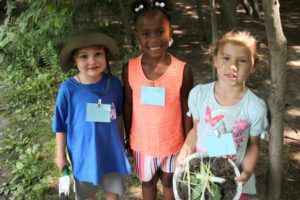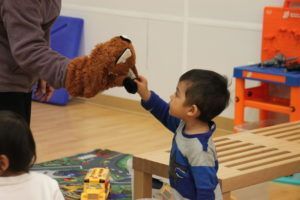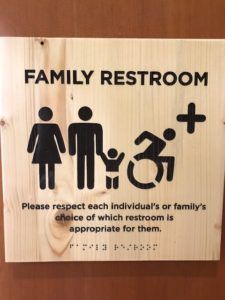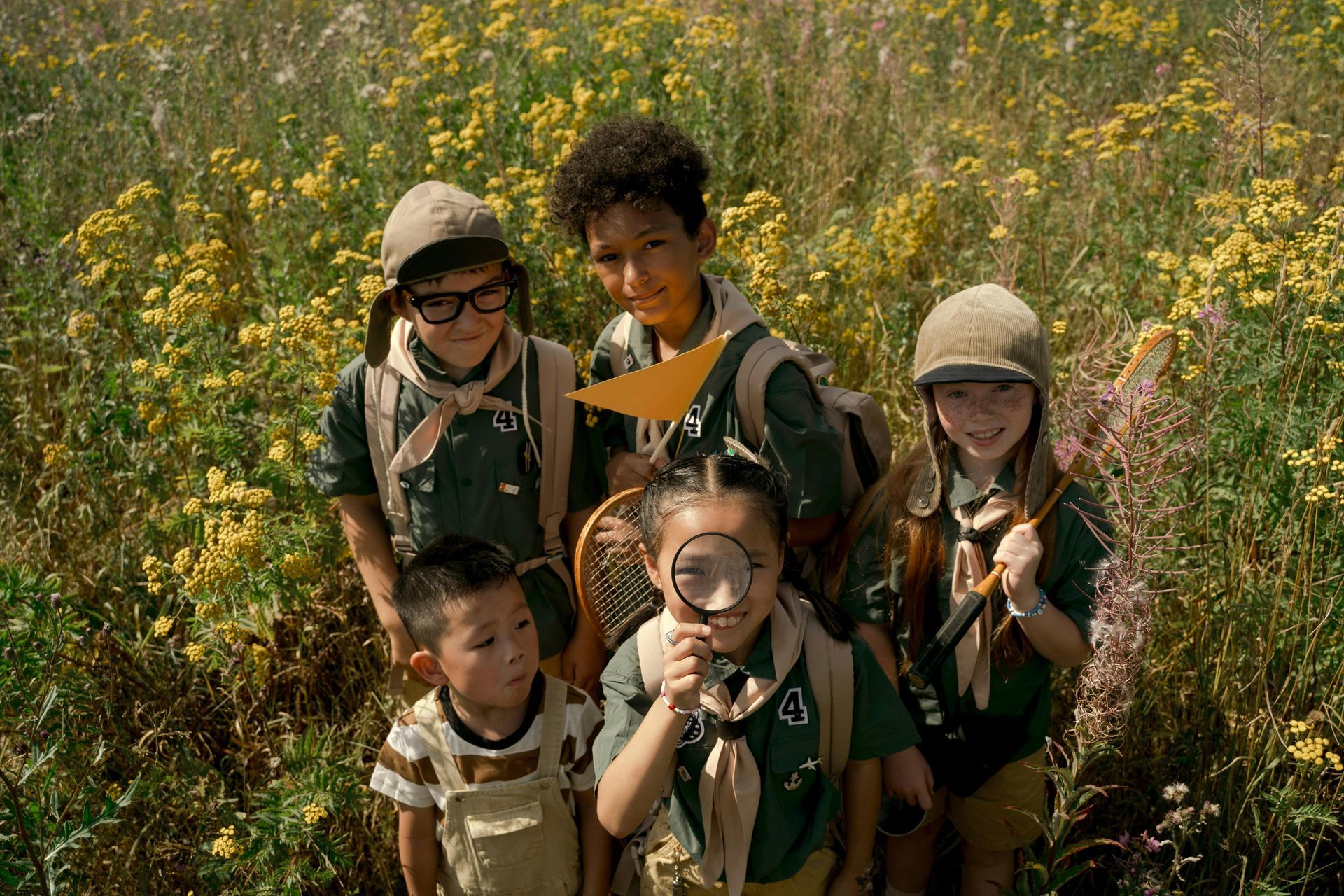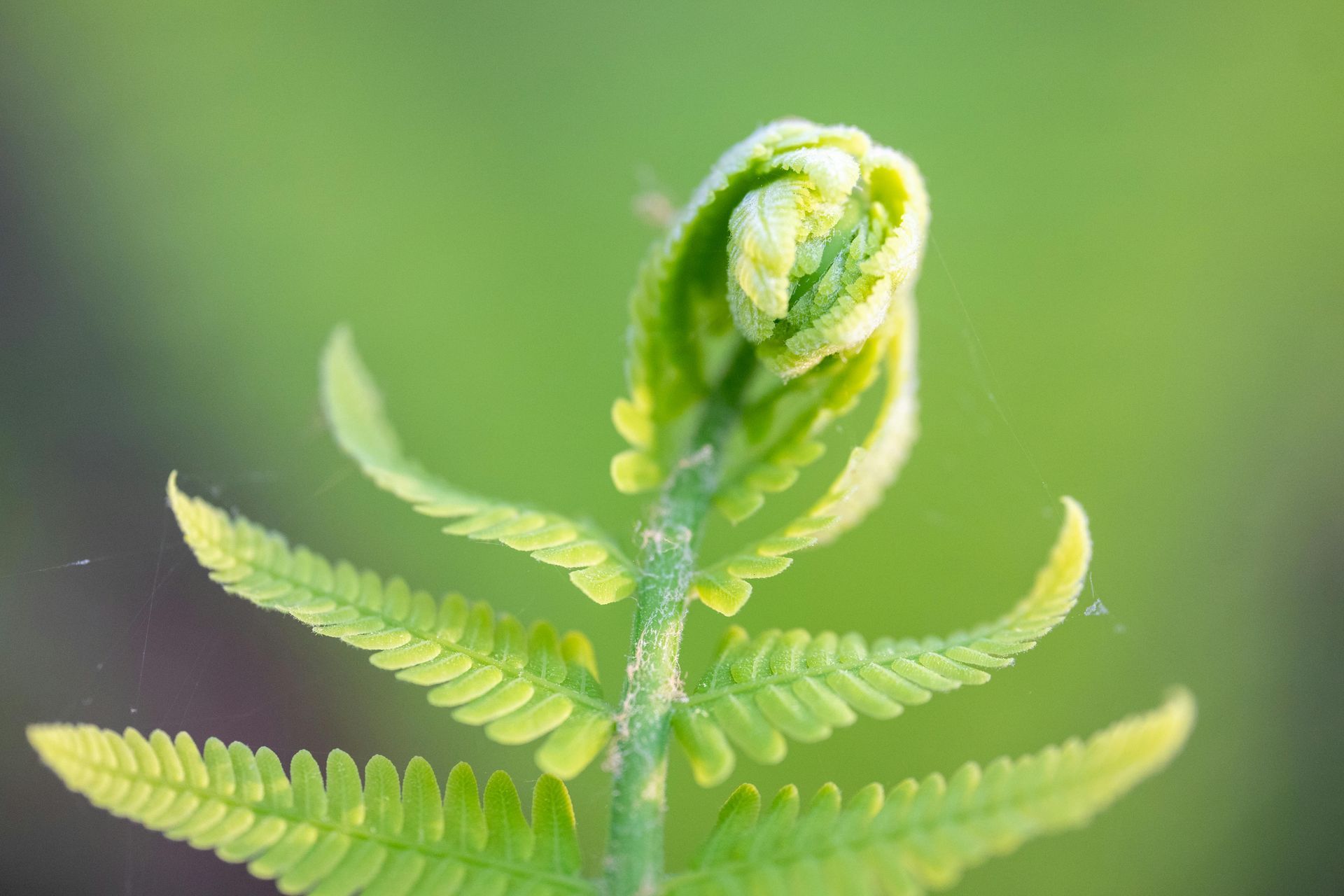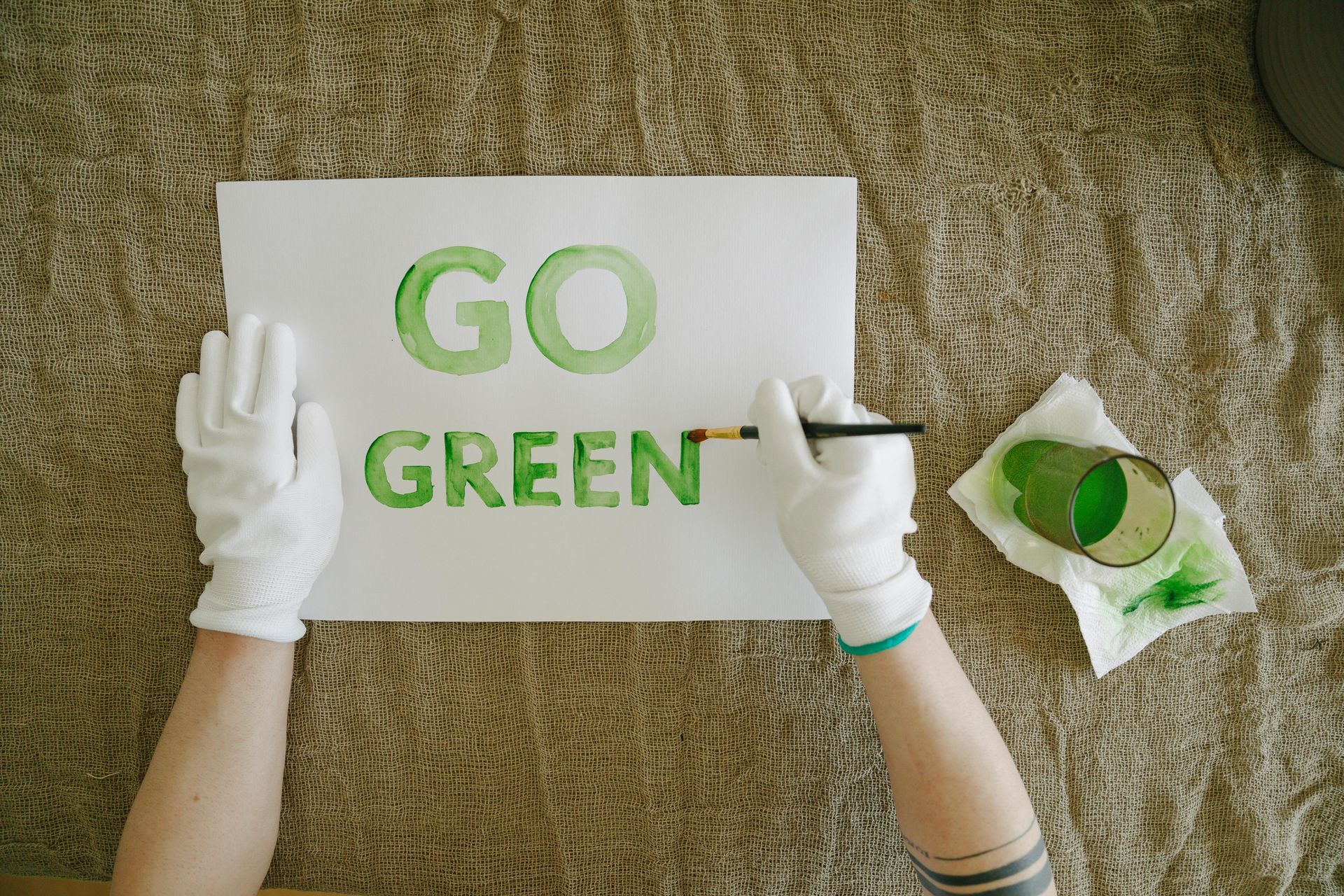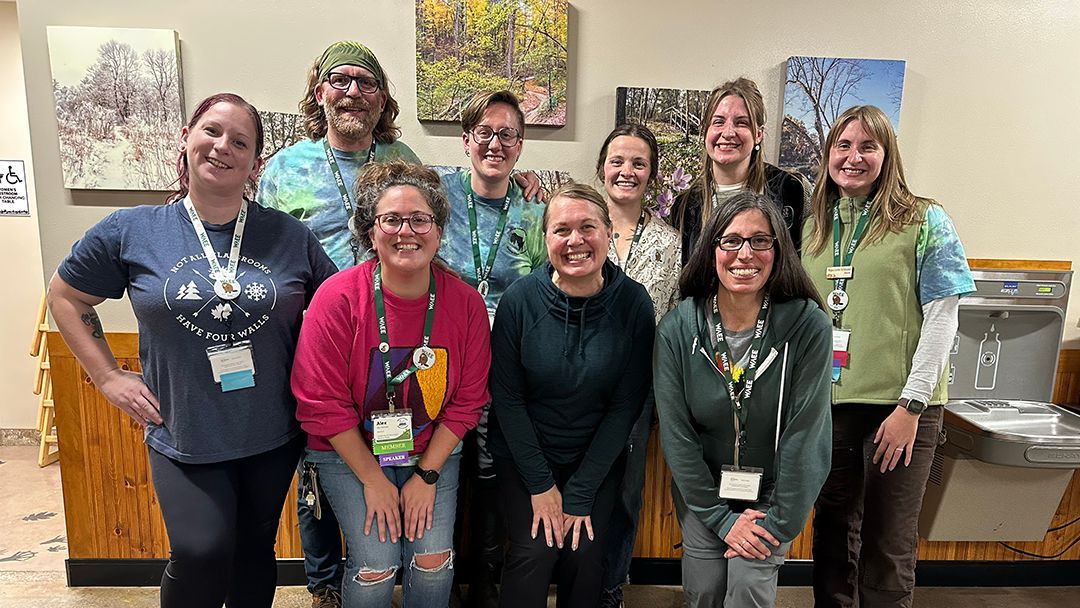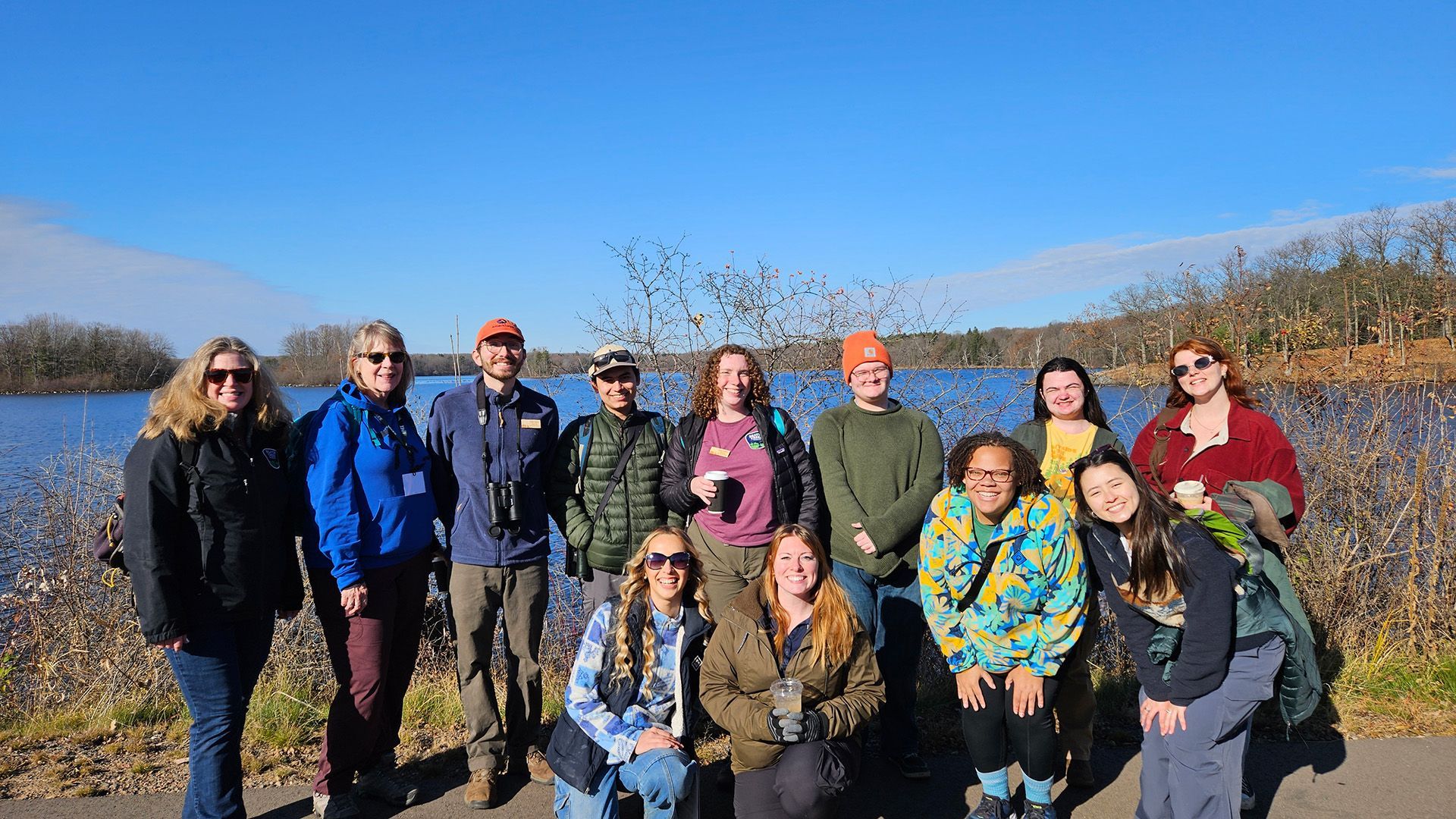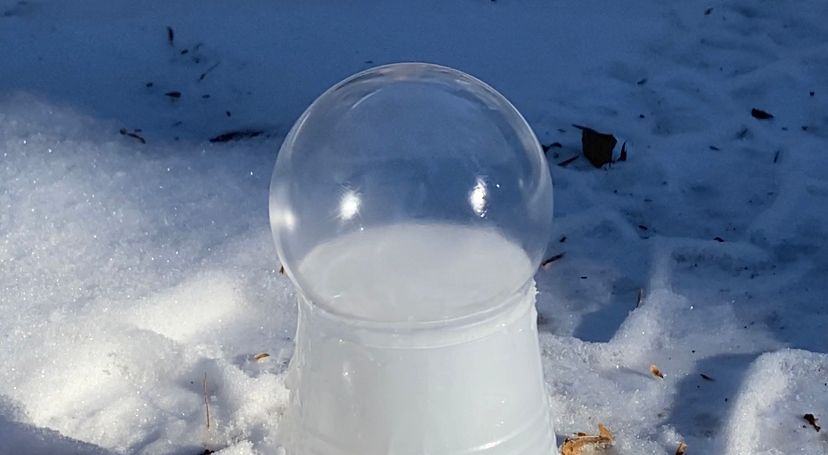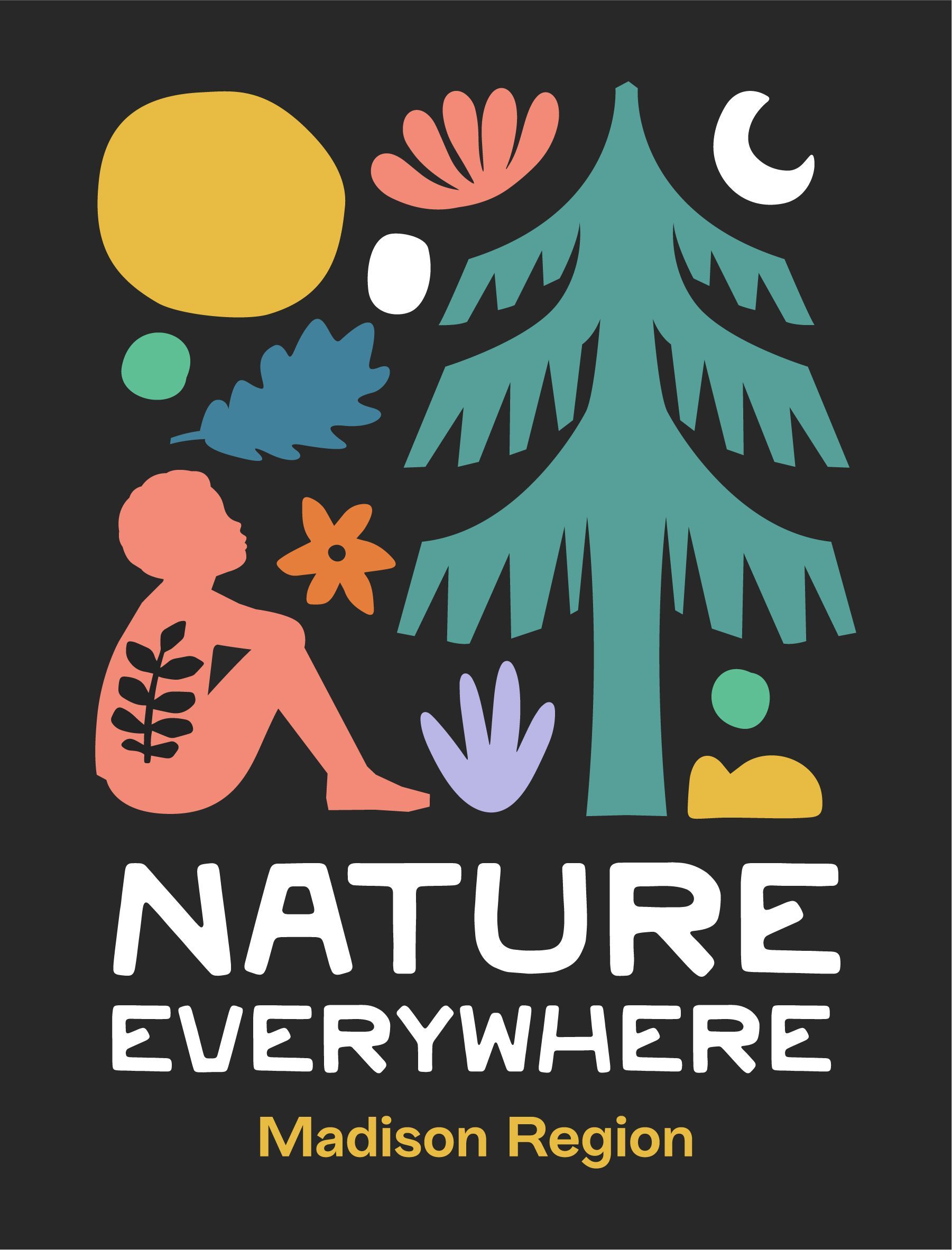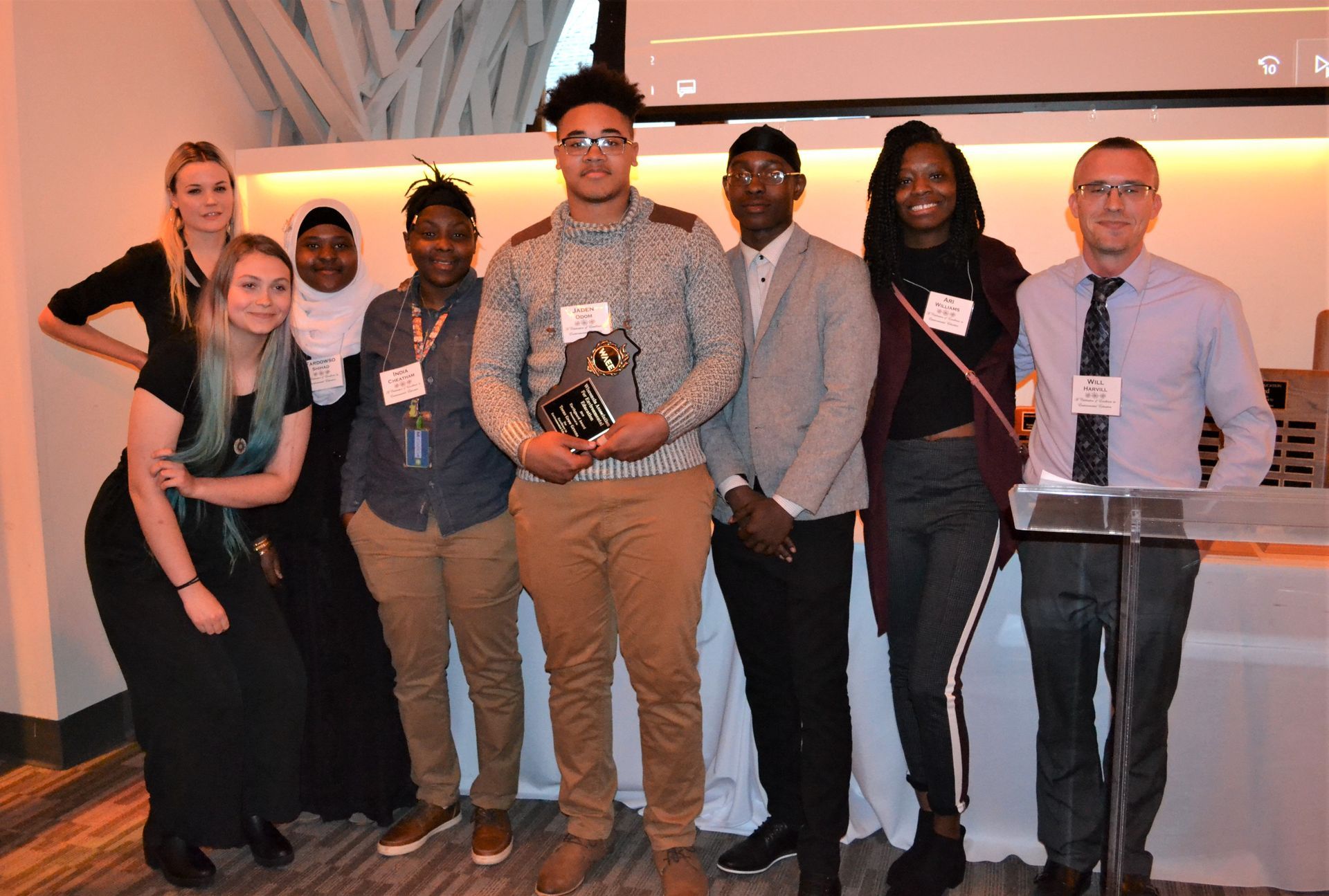ALNC Increases Inclusion, Diversity, Equity, and Access (IDEA)
Planning for the Next 20 Years
The Aldo Leopold Nature Center, located in Monona, Wisconsin, is an active member of the Dane County community, offering a wide range of programs on its 20 acres of forest, wetland, prairie, and beyond. After over 20 years of working toward their mission, in the words of Aldo Leopold, “to teach the student to see the land, understand what he sees, and enjoy what he understands,” the board and staff of Aldo Leopold Nature Center decided in 2016 it was time to regroup and engage in a strategic planning process.
Following almost two years of assessments, the nature center began to reorganize. They re-wrote their mission statement which is now: “to engage and educate current and future generations, empowering them to respect, protect and enjoy the natural world,” and developed new vision statements with a renewed focus on emphasizing that nature is for everyone. One of the main initiatives to come out of this process was an effort to increase Inclusion, Diversity, Equity and Access (IDEA). The nature center had realized how similar the faces and backgrounds of the organization’s workforce and stakeholders were. Recognizing how diverse their audience could and should be, Aldo Leopold Nature Center began focused work to increase access to the outdoors for all people.
Having a variety of valued partners has helped Aldo Leopold Nature Center with attaining their goals of increased accessibility. The Madison Metropolitan School District (MMSD) and community centers collaborate with the nature center for educational opportunities. Donors and corporate partners are supportive because they “enjoy the idea of diversification,” according to Brenna Holzhauer, Director of Operations and Strategic Initiatives at Aldo Leopold Nature Center. Lastly, community members are more responsive and interested as they learn more about the programs and accessibility options available.
One of Aldo Leopold Nature Center’s most significant new initiatives was opening a nature preschool in September 2019. The goal was to make this preschool very accessible. The curriculum taught at the preschool is culturally sensitive and child driven. To help with financial accessibility, tuition is on a sliding scale based on family income. In addition, there are Aldo Leopold Nature Center scholarships available for full or partial funding. Physical accessibility was also carefully considered. The preschool is housed in a remodeled portion of the original campus, so the necessary retrofitting put the Aldo Leopold Nature Center in a position to make other necessary improvements. Since this is a nature center, the design could not just have pavement everywhere without sacrificing the aesthetics of nature. However, some pervious and impervious surfaces have been added to enable students and visitors who use wheelchairs to more easily get around the nature center and enjoy the outdoor space.
The Aldo Leopold Nature Center also added ramps where possible to improve entry into the building and access to the outdoors. Through the renovation, the Aldo Leopold Nature Center was able to add its first two gender-neutral family bathrooms. This required space and plumbing to be maneuvered, as well as new signage. Signage turned out to be a larger project than expected. There were no signs available that best communicated the functional and symbolic messages the staff wanted to convey. Since Cara Erickson, Marketing and Communications Manager, has a background in design, she was able to design signs with symbols, verbiage, and braille text that encompass that the bathrooms are for anyone.
Adding preferred pronouns in email signatures has been another effort to increase inclusivity. Although this change seemed simple enough, it opened the door for deeper conversations about ally-ship. Initially, some staff members did not understand the value of this addition and did not feel able to explain to others why pronouns were listed. Including pronouns is now embraced by most staff but remains optional. The nature center also updated its participant database system to remove the required fields for binary gender options. Registration forms no longer ask for an individual’s sex and now ask for preferred gender pronouns. Rosters are updated for the preferred pronouns of the child as well. This has been an effective and well-received change for the organization.
Efforts to become more inclusive are not restricted to facilities and programs located on site. According to Holzhauer, two of the greatest points of pride to emerge from this focus on IDEA are the “Wonder Bugs On the Road” program and the Community Access Fund. “Wonder Bugs” is a one-hour and fifteen-minute program for preschool-aged children and their parents. This popular on-site program has been expanded “on the road” after the organization recognized a need to make the program more accessible to the community, especially where there was lacking transportation and awareness of the nature center’s programs. Since there are non-English speaking participants, Aldo Leopold Nature Center partners with educators from MMSD and community centers throughout Madison to offer language assistance in Spanish, Hmong, and other native languages. Aldo Leopold Nature Center has also been looking into hiring individuals who are fluent in other languages and reaching out to the community for additional cultural and language resources. Improving access to “Wonder Bugs“ helps the organization show that they want to meet people where they are and that an individual doesn’t have to leave their neighborhood to experience the outdoors.
The Community Access Fund is Aldo Leopold Nature Center’s strongest source of financial accessibility, helping to bring environmental education to children and families, who – for whatever reason – might not otherwise have access. It is an umbrella fund that raises money to create more accessible programming and related operational initiatives. This fund shows the community that Aldo Leopold Nature Center is trying to be inclusive even in a financial sense. The Community Access Fund helps support “Wonder Bugs On the Road”, scholarships for summer camp, and vacation day programming; and even diversification in marketing materials created for a diverse audience. Setting aside some funds for the Community Access Fund happens when planning the year's budget as well as from holding specific fundraising blitzes throughout the year. Other sources of funds come from grants, corporate donors, individual donors, and program fees. The Community Access Fund has allowed the nature center to remove attendance fees from many of its programs, making them more accessible to a wider audience.
Aldo Leopold Nature Center has had a fair share of challenges and barriers standing in the way of their implementations. Since the nature center is a nonprofit, staffing and funding are spread very thin. A lack of funding has prevented some of their ideas from being carried out as quickly and comprehensively as the organization would like. Due to resource pressures, prioritizing is essential – especially since enacting strategic change takes time and effort and being spread thin can make it easy for staff members to default to business as usual.
The Aldo Leopold Nature Center will continue to require resources in order to continue efforts towards diversity, equity, and inclusion. It is crucial to have organizational buy-in and community support in order to keep moving these types of initiatives forward. The organization will need more funding to ensure that they are able to make improvements to infrastructure, as well as continue to provide free or low-cost programming. More time for evaluation and planning, professional development and networking, as well as time for partners to introduce the nature center to new audiences will be necessary. Furthermore, having adequate staffing and resources, support from the board, and awareness and understanding from the community will always be important to operations at the nature center.
Community Access Fund
The Community Access Fund is ALNC's strongest source of financial accessibility, helping to bring environmental education to children and families, who – for whatever reason – might not otherwise have access.
ALNC's Mission
To engage and educate current and future generations, empowering them to respect, protect and enjoy the natural world,
Nature Preschool
One of ALNC's most significant initiatives was opening an accessible nature preschool in September 2019.
Renovations for Inclusion
Through renovation, ALNC was able to add its first two gender-neutral family bathrooms.
Aldo Leopold Nature Center
ALNC offers a wide range of programs on its 20 acres of forest, wetland, prairie, and beyond.

Special thanks the NAAEE and the ee360 Project for funding and support in developing these case studies. Further thanks to Dr. Kendra Liddicoat at the University of Wisconsin Stevens Point and her students, Shannon Columb and Quentien Tyra, for researching and compiling the above case studies. If you are wondering about how these case studies were chosen and conducted, you can read the summary report here.

